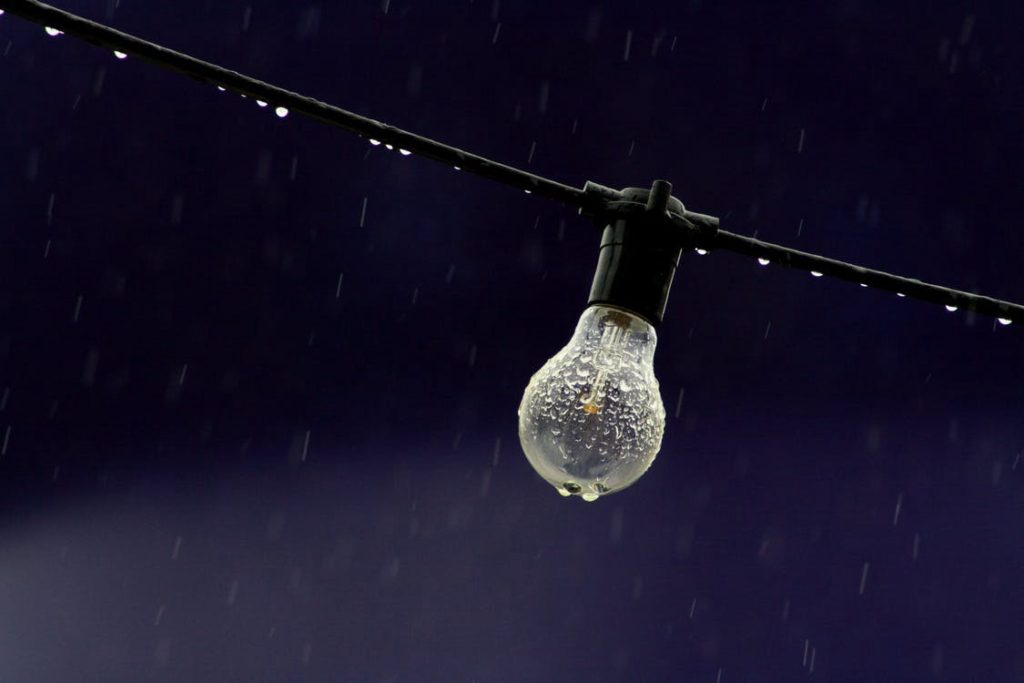
Writing the Sequel Nearly Broke Me
I worked on the sequel to Time Heist for 180 days in a row. Everyday from 5am-8am, and then again from 6pm-7pm, I sat down with coffee in hand, and clicked out 5,000 words. That’s nearly a million words, or 3,000 pages for those of you non-writers out there who do not think in terms of word-count, in a little over 6 months.
For the sake of comparison purposes, the entire Harry Potter series is roughly 3,400 pages.
So yeah, I threw a lot of words at the screen. Of those roughly 900,000 words, only about 110,000 actually stuck.
I’d never experienced anything quite like it. The words were coming easy enough, the story flowed, but every draft I read left me feeling empty and unsatisfied.
This isn’t good enough. I told myself. Do it again.
And I did. I started again. Each time. Like somebody with Obsessive Compulsive Disorder, I flicked the light-switch over and over again, determined to find that moment of perfect clarity and rightness.
It never came.
And one day, the light-bulb burned out.

Poof. The words stopped coming.
Just like that, on April 26, 2016, I stopped writing. My streak of writing every single day ended at 842.
I didn’t write another word for over a year.
Ernest Hemingway once said:
“There is nothing to writing. All you do is sit down at a typewriter and bleed.”
If that’s true, then I’d been bled dry.
I tell you this not so you’ll be impressed, or moved to pity, but so that you can maybe understand just a bit of the madness that consumed me during those 180 days.
Maybe, just maybe, you’ll see how the sequel nearly broke me.
Weight of Expectation
Hugh Howey said, in the lead-up to the release of the last book in his hugely popular Silo series, something along the lines of:
“Now I understand what it is to be crushed beneath the expectations of millions.”
I’ve never experienced the same level of soul-crushing expectation as Hugh, but I ran into a smaller, equally pernicious version. It came from two sources: myself and the fans.
Of the two, I was by far my own worst enemy.
In fact, the fans were ultimately what pulled me out of the depressive spiral into which I’d allowed myself to tumble.
The sequel was more difficult than the original for a lot of reasons.
One: I went into the original with no expectations. It was pure creation for the sake of enjoyment. I loved every moment of it. The sequel needed to be…more.
Two: I believe if you want to grow as a person, you must continually challenge yourself. To that point, I set out in the sequel to write something infinitely more complex than the original. Instead of a singular point-of-view character, I chose four. Instead of telling a story that progressed cleanly from point A to point B, I crafted something non-linear, where chronology becomes an integral mover in the narrative.
Three: I feared disappointing those who loved the original.
Upping the Ante
Ira Glass has some interesting things to say about the skill gap inherent in all activities, but especially within the creative arts.
“For the first couple years you make stuff, it’s just not that good. It’s trying to be good, it has potential, but it’s not. But your taste, the thing that got you into the game, is still killer. And your taste is why your work disappoints you. A lot of people never get past this phase, they quit.”
I’ve held these words in my head for years, ever since I first picked up the pen and said, I am going to write. Through the years they’ve tempered my expectations and kept me from devolving into a sack of tear-soiled meat on multiple occasions.
The problem that arose with the sequel was that I thought I’d already pushed through that barrier. I thought I’d leveled up to a place where my skills would carry me through any challenge I applied them to. Surely I never expected writing such a narratively complex story as the sequel to be easy.
I wanted it to be difficult, that’s why I chose to do it.
I wanted to fail so that I could feel as though I achieved something more.
I just didn’t expect to fail so much.
At around day 100 in the sequel I took a step back and asked myself, “Have I bitten off more than I can chew?”
Everyday it felt as though I was choking.
And sure, I could’ve pulled the ripcord, deployed the chute. At any point I could have said, “Enough”, and chosen to rework the entire story and tell it in a simpler way. But I was in too deep, and that…compromising simply because it was hard, felt like the very definition of selling out.
Easier was to simply abandon the project.
The Self-Doubt Hydra
The self-imposed pressure, isolation, and doubt pushed me away from the keyboard. Drove me into retreat from an enemy I no longer had the will to face.
To open that file, and stare at those words, was to confront my own inadequacy.
Humans are strange about the things we choose to fixate on. One hundred people can come up to you on the street and say, “You are amazing!”, and it’ll put you on cloud nine. That is, until one person — just one — comes up and says, “You are shit.”
Suddenly, that one person’s opinion is more important, more valid, more true than the hundred preceding it. Those words will burrow into our brain-meat and leave retinal afterimages on the back of our retinas.
“You are shit.”
Truer words have never been spoken.
Now, it hurts when somebody punches you in the feelings like this. But equally painful, and no less detrimental to your overall psyche, are the negative thoughts we assume others have of us for one justifiable reason or not.
My Friends and Family Hate Me
Very few of my friends or family have ever read one of my stories all the way through. I know this because they are all keen to tell me, “Oh, I’ve been meaning to read that,” or, “I’m halfway through that.”
It’s amazing how many people have been halfway through a book for the last couple years now.
This isn’t about calling anybody out. This isn’t about them at all, in fact. It’s about how we perceive our worth in relation to those around us.
I know who my books are written for. It’s a clearly articulated demographic that I keep in my mind’s eye whenever I sit down to write another story. The only intersection where that group might theoretically cross with my friends and family is at the juncture of: They’re all human.
That’s about it.
I know my friends and family are unlikely to enjoy the stuff I write. I would not, in a thousand years, wish for them to slog through a book merely for the sake of satisfying my ego. In fact, that’ll probably make me feel even shittier than if you’d just thrown the book at my head.
But, but, but… I was fighting a sequel that utilized guerrilla warfare tactics, and things were all sorts of topsy-turvy screwed up. My mind wasn’t right, yo.
So amidst the angst and feelings of frustration with the sequel, I started internalizing every perceived criticism of my literary worth. These weren’t justified perceptions, but they were real all the same.
The mind can be its own worst enemy. It fixates on the single bad thing somebody has to say, negating all the positive things everybody else has said, even when that single bad thing was never actually said.
From the Ashes
It took a long time before I was ready to return to the keyboard. There were a few false starts along the way. A couple attempts that ended almost as soon as they began.
If discipline is a muscle, mine had atrophied.
Further more, I couldn’t muster the motivation. No matter where I looked, I couldn’t find that spark of the divine, that burning desire to create, which so often hides in the gushy place between heart and lungs.
That is, until I reframed my perspective. Stopped looking at motivation as a container we must fill up and keep topped off. Something to be poured into us.
Instead, I thought of a power plant.
A power plant does not store energy. It generates energy.
In the same way, I must generate motivation.
Motivation Comes From the Act of Doing
I discovered something I’d once known, but since forgotten. Motivation does not come from thinking about a project. It does not come from imagining ourselves at the finish line, book held high overhead, achievement unlocked.
Motivation comes from the act of doing.
I rediscovered something profound when I finally sat down and said, “I am doing this, even though I don’t want to.” After a couple rocky sessions, where I plowed through despite the resistance in my head telling me to give up, I found myself looking forward to the next session.
I found myself lost in the process. Consumed by the act of creation.
There is an inertia to act of creation.
A New Streak
Today marks sixty days in a row of writing. Sixty days in a row of sitting down and doing. Of forcing myself to face whatever the page has to show me.
I no longer see inadequacy reflected in the words on the screen. I see opportunity.
Potential to come back again and again, as many days as required, to fight a beast that can never actually be defeated. To prove my worth as a writer by showing up, sitting down, and bleeding a little more.
Know somebody struggling with their art?
Share this article. As an author, you’re support means the world to me.